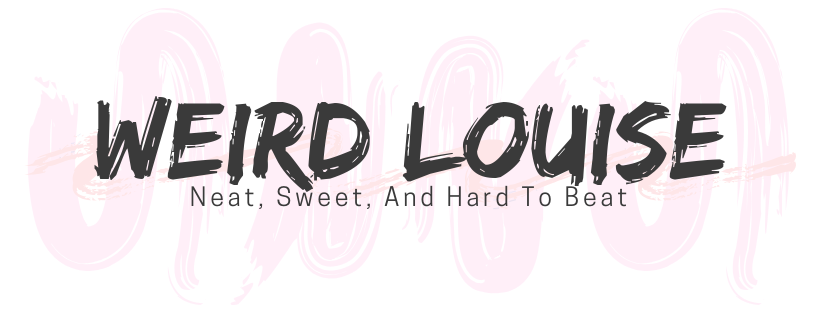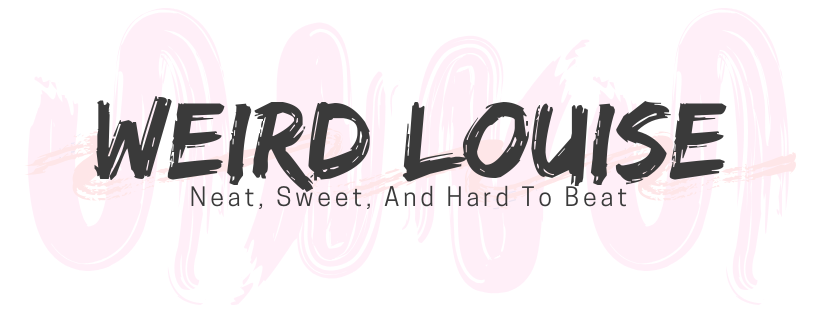
In recent years, there has been increasing recognition of the significant impact that nutrition can have on mental health. While the connection between diet and physical health is well-established, the relationship between what we eat and how we feel mentally is equally important. Today we’ll explore the connection between nutrition and mental health, highlighting foods that can boost mood and energy.
The Connection Between Nutrition and Mental Health
The brain, like the rest of the body, requires a variety of nutrients to function correctly. Emerging research suggests that the right diet can help reduce symptoms of depression, anxiety, and other mental health disorders. Here’s how nutrition influences mental well-being:
Neurotransmitter Production: Certain nutrients are essential for the production of neurotransmitters, which are chemicals that transmit signals in the brain. For example, the amino acid tryptophan is necessary for the production of serotonin, a neurotransmitter that regulates mood, sleep, and appetite.
Inflammation Reduction: Chronic inflammation is linked to various mental health disorders, including depression. A diet rich in anti-inflammatory foods, such as fruits, vegetables, and omega-3 fatty acids, can help reduce inflammation and support mental health.
Gut Health: The gut-brain axis refers to the communication network between the gut and the brain. A healthy gut microbiome, supported by a diet rich in probiotics and fiber, is essential for good mental health. An imbalance in gut bacteria has been associated with increased anxiety and depression.
Blood Sugar Regulation: Fluctuations in blood sugar levels can impact mood and energy levels. Consuming complex carbohydrates, fiber, and protein helps maintain stable blood sugar levels and prevents mood swings and fatigue.
Foods That Boost Mood and Energy
Incorporating certain foods into your diet can enhance mood and provide sustained energy. Here are some top foods to consider:
Fatty Fish:
-
- Examples: Salmon, mackerel, sardines
- Benefits: Rich in omega-3 fatty acids, which are known to reduce inflammation and support brain health. Omega-3s have been linked to lower rates of depression and improved mood.
Leafy Greens:
-
- Examples: Spinach, kale, Swiss chard
- Benefits: High in folate, a B-vitamin that is crucial for the production of neurotransmitters. Low levels of folate have been associated with depression.
Nuts and Seeds:
-
- Examples: Walnuts, almonds, chia seeds, flaxseeds
- Benefits: Packed with healthy fats, fiber, and protein, nuts and seeds help regulate blood sugar levels and provide long-lasting energy. They also contain omega-3 fatty acids and antioxidants.
Whole Grains:
-
- Examples: Oats, quinoa, brown rice
- Benefits: Whole grains are a good source of complex carbohydrates, which provide a steady supply of energy and promote the production of serotonin.
Berries:
-
- Examples: Blueberries, strawberries, raspberries
- Benefits: Rich in antioxidants, which help reduce inflammation and protect brain cells from oxidative stress. Berries have been shown to improve cognitive function and mood.
Probiotic-Rich Foods:
-
- Examples: Yogurt, kefir, sauerkraut, kimchi
- Benefits: Contain beneficial bacteria that support a healthy gut microbiome. A balanced gut can positively impact mood and reduce symptoms of anxiety and depression.
Dark Chocolate:
-
- Benefits: Contains flavonoids, caffeine, and theobromine, which can enhance mood and cognitive function. Dark chocolate also stimulates the production of endorphins, the “feel-good” hormones.
Avocado:
-
- Benefits: High in healthy fats and fiber, avocados support brain health and stabilize blood sugar levels. They also contain folate and vitamin K, which contribute to cognitive function and mood regulation.
Legumes:
-
- Examples: Lentils, chickpeas, black beans
- Benefits: Excellent sources of protein, fiber, and complex carbohydrates. Legumes help maintain stable blood sugar levels and provide essential nutrients like folate and magnesium.
Tips for a Mood-Boosting Diet
In addition to incorporating mood-boosting foods, here are some general tips for maintaining a diet that supports mental health:
Stay Hydrated: Dehydration can affect mood and cognitive function. Aim to drink plenty of water throughout the day.
Limit Processed Foods: Processed foods high in sugar, unhealthy fats, and additives can negatively impact mental health. Focus on whole, unprocessed foods.
Eat Regularly: Skipping meals can lead to drops in blood sugar levels, causing irritability and fatigue. Aim to eat balanced meals and snacks at regular intervals.
Balance Macronutrients: Ensure each meal contains a mix of carbohydrates, protein, and healthy fats to maintain stable energy levels and support brain function.
Consider Supplements: If you have dietary restrictions or deficiencies, supplements like omega-3 fatty acids, probiotics, and B-vitamins may be beneficial. Consult with a healthcare provider before starting any new supplements.
The connection between nutrition and mental health is powerful and multifaceted. By understanding how diet impacts mood and energy, you can make informed choices that support both your physical and mental well-being. Incorporating a variety of nutrient-dense foods, staying hydrated, and maintaining balanced eating habits are essential steps towards improving mental health through nutrition.
Related Post: Improving Mental Health Through Gut Health
Pin me!
















